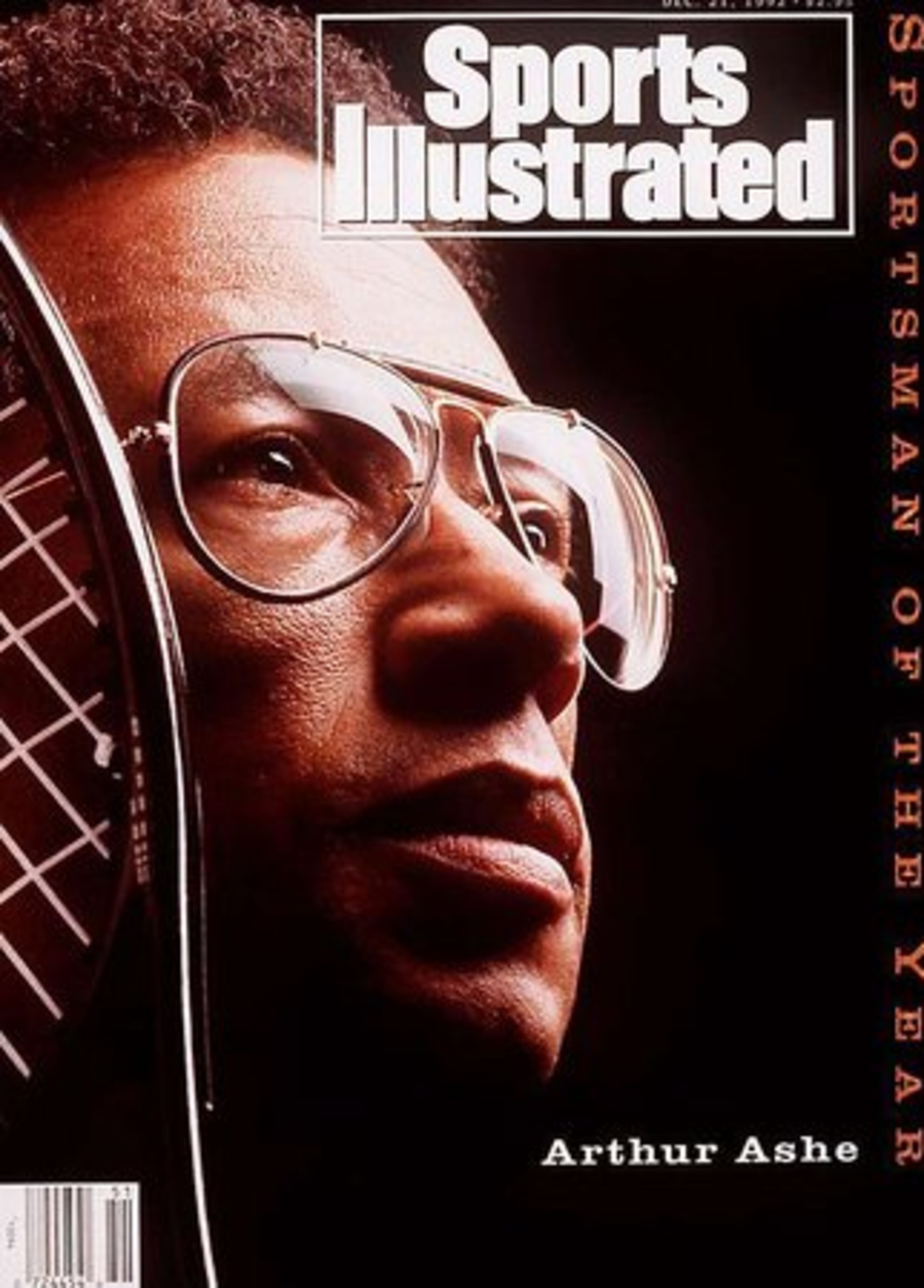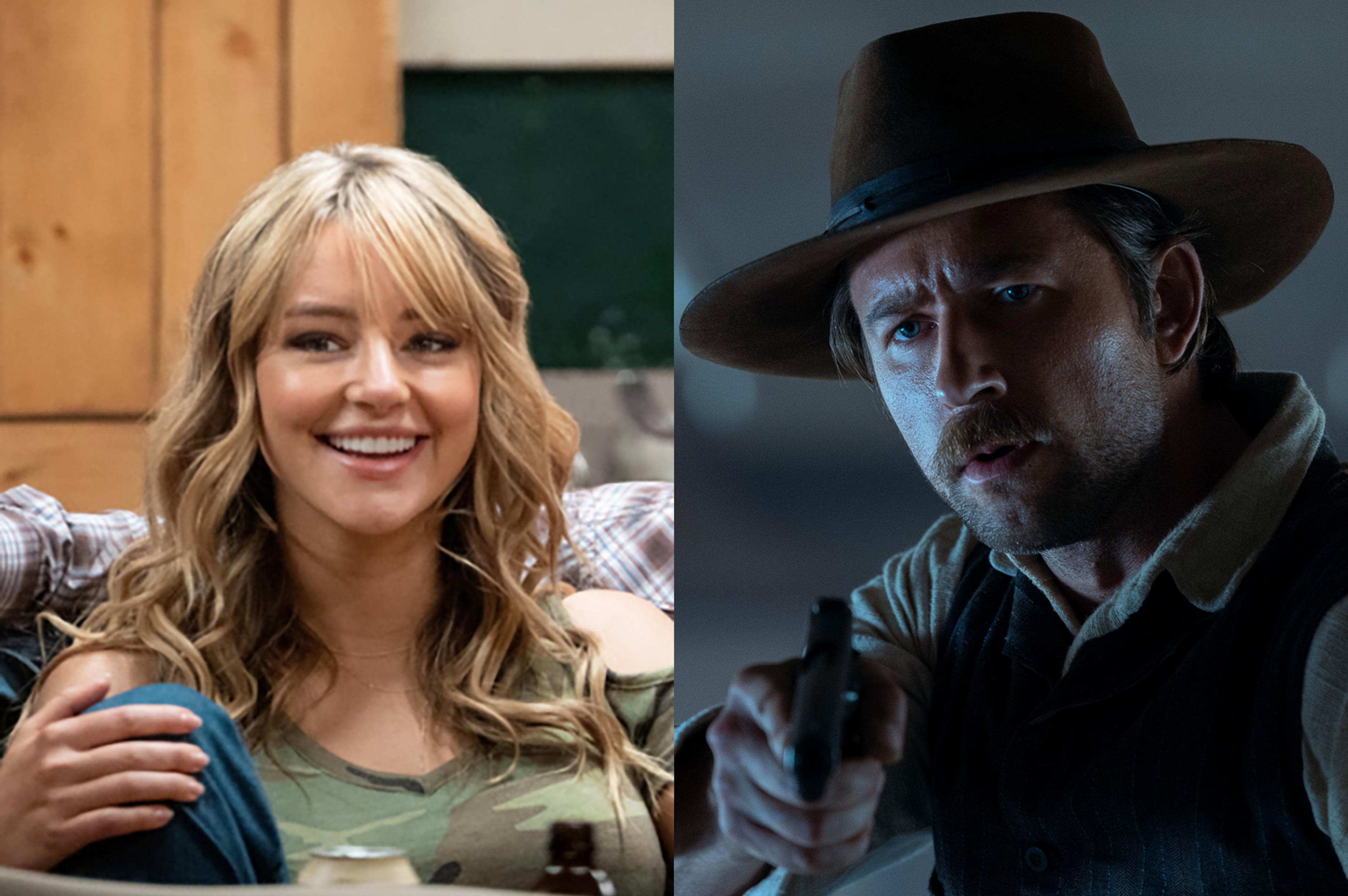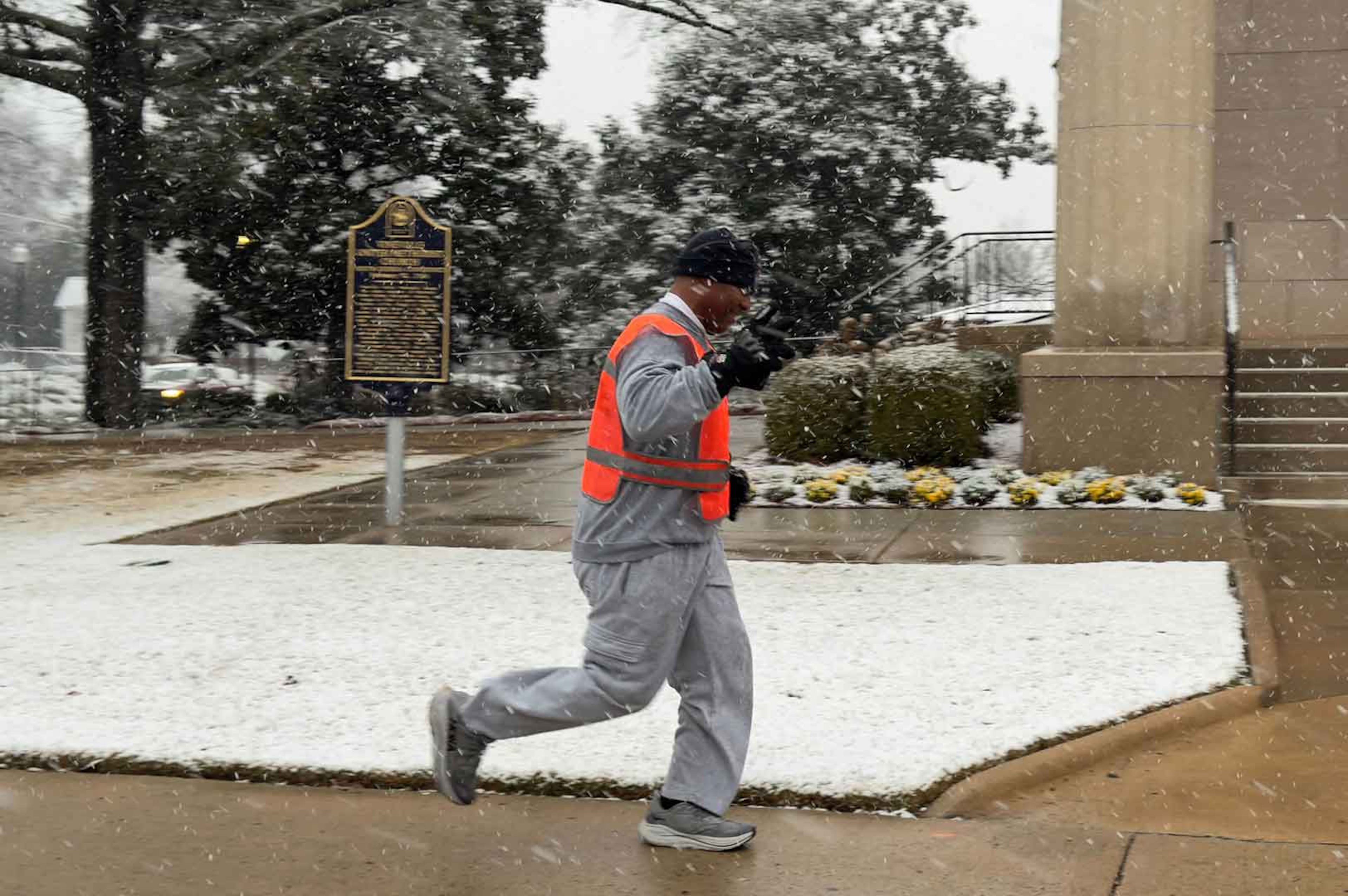CNN explores tennis legend in ‘Citizen Ashe’ airing June 26

Tennis legend and groundbreaking Black tennis player Arthur Ashe may not have the name recognition with younger generations of, say, boxer Muhammad Ali. He didn’t preen. He didn’t brag. He wore studious-looking glasses.
But Ashe provided his own quiet power to promote numerous humanitarian causes before his life was cut short at age 50 by AIDS in 1993.
CNN will air “Citizen Ashe” Sunday dissecting the man’s life and legacy.
“He was always about choosing your approach to making change. You just can’t do nothing,” said Rex Miller, the “Citizen Ashe” director who was in attendance in Forest Hills, New York, in 1968 as a 6-year-old when Ashe won the U.S. Open. Miller has previously directed a documentary on Althea Gibson, the first prominent female Black tennis player.
Although Ashe died nearly three decades ago, his voice is very much prominent in the documentary.
Miller sifted through 46 boxes of personal effects Ashe left behind at the Schomburg Center for Research in Black Culture in New York. There, he found a 1,000-page transcript of interviews Ashe had done with author Arnold Rambersad for Ashe’s posthumous 1994 memoir, “Days of Grace.” Rambersad dug through his attic and found 33 microcassettes, providing Miller a treasure trove of audio from the man himself.
At the same time, plenty of other voices are included in “Citizen Ashe” such as irascible tennis legend John McEnroe, former Atlanta mayor/United Nations ambassador/civil rights legend Andrew Young and Jeanne Moutoussamy-Ashe, Ashe’s wife from 1977 until his death.
“Arthur was not the most emotive guy,” Miller said. “It was nice to have others emote a little more and sing his praises. He was not the type. He was even-keeled and goal-oriented.”

McEnroe was an easy get, especially since Miller himself played tennis against McEnroe when they were teens. McEnroe as a brash newcomer competed against Ashe when Ashe was near the end of his career in the early 1980s. The two clashed when Ashe became Davis Cup captain and actually admitted later to being jealous how McEnroe could get away with spouting off to judges in a way Ashe never could because he was a Black man.
Ashe also had a tight relationship with Young, who guided him on various civil rights issues and joined him on a trip to South Africa during the height of apartheid. Young, a minister, also married Ashe and eulogized him at his funeral.
When he was younger, Ashe was accused of being an “Uncle Tom” because he wasn’t outspoken on civil rights issues But after winning the U.S. Open in 1968, he opened up more because he had more cachet. “He had longer strategic goals in mind,” Miller said. “By then, he had connected with both Martin Luther King Jr. and Bobby Kennedy.” Sadly, that was also the year both men were assassinated.
Miller tried but failed to find footage of Ali and Ashe together though Miller knew Ashe had visited Ali’s training camp once. He also knew they respected each other.
“They were the same age and both were from the South,” Miller said. “They grew up with very different fathers. Ali’s dad was an artist, was more militant. Cassius Clay’s father felt more beaten upon. Arthur’s dad was a classic Black Republican. Get along and keep your head down. That’s what Ashe grew up with.”
The film also shoots some reenactments using actual tennis players to play younger versions of Ashe. Chris Eubanks, a Georgia Tech graduate and Atlanta-based professional tennis player, went to Forest Hills to appear in U.S. Open footage for both a virtual reality film about Ashe and the CNN documentary.
“He is one of the most important sports figures that there’s ever been,” Eubanks said. “He used his stature as an athlete to talk about social and political causes. He paved the way for athletes who are doing the same today.”
WHERE TO WATCH
“Citizen Ashe,” 9 p.m. Sunday, CNN, will be available on HBO Max next month


